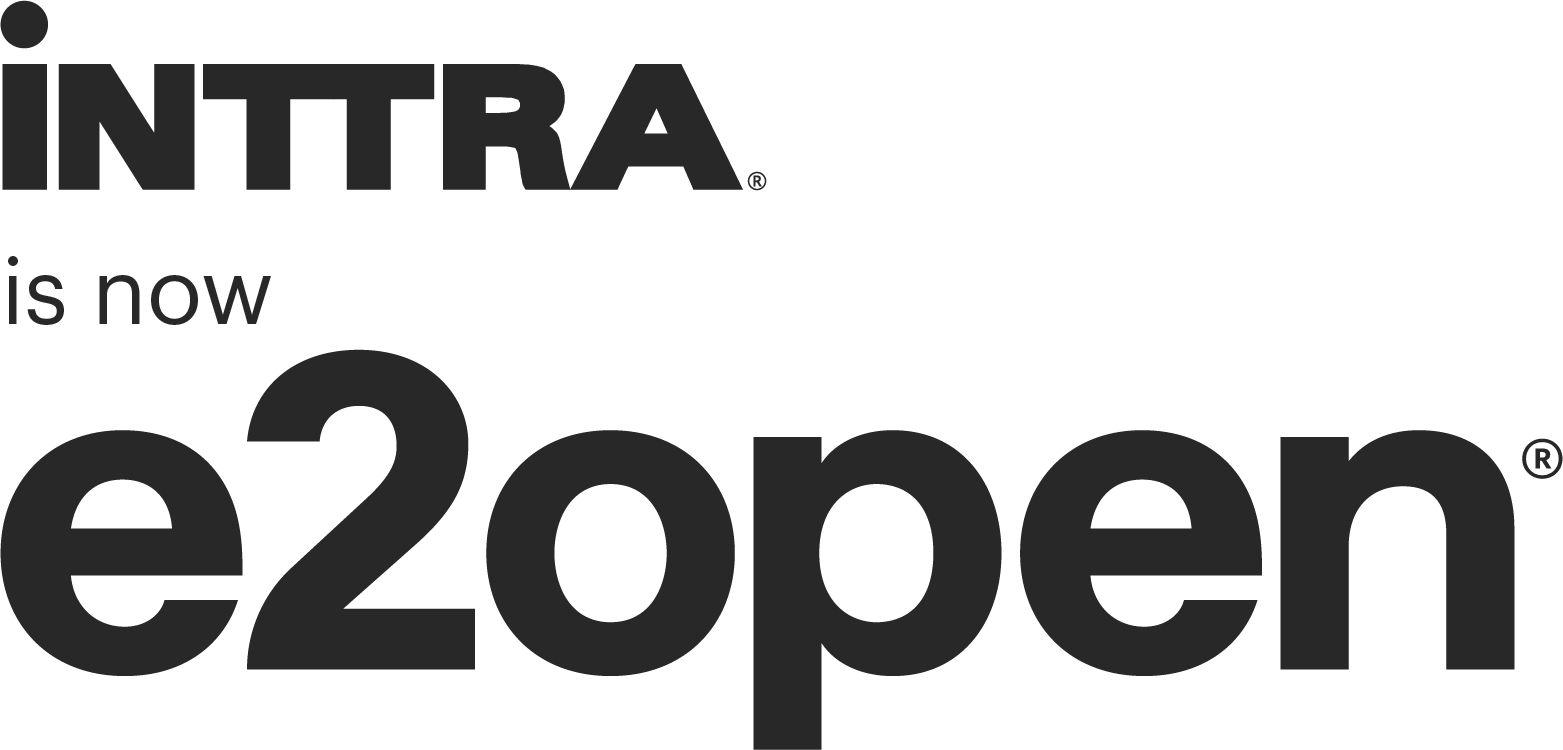25 Jan School of Shipping Collaborates with INTTRA to Enhance Students’ Readiness for Industry Jobs
Maritime school to include INTTRA training module in its coursework
Cape Town, South Africa and Parsippany, NJ, January 25, 2017 — South Africa-based School of Shipping, which offers adults an education in maritime studies specifically relating to importing and exporting, and INTTRA, the world’s ocean shipping electronic marketplace, announced a collaboration through which School of Shipping students will make use of INTTRA’s training environment as part of their coursework. Students will be able to simulate shipment management for the ocean stages of container transport. That process includes planning container bookings through Ocean Schedules (INTTRA’s search tool to identify sailings), executing bookings, submitting shipping instructions and container weight information for SOLAS VGM compliance, tracking containers and a range of other functions.
“Aligning with INTTRA to create this training module enhances our program by giving our students insight into the practical application of the theoretical training we provide,” said Louw Franken, Director at School of Shipping. “By training on the premier technology platform in ocean shipping, students will develop a firm understanding of communication with carriers on core functions as well as basic operations and functions of exporting. We expect this collaboration to help create better-qualified graduates and eliminate the need for additional basic training when they join BCOs and forwarders.”
“We are honored that this highly respected institution has selected INTTRA’s shipment management platform as a training environment for maritime education,” said Philly Teixeira, INTTRA’s President, EMEA. “As the largest neutral network at the center of ocean shipping, INTTRA is always looking for ways to help move the industry forward. We believe that helping School of Shipping students gain the strongest possible practical foundation for safety and success is a great way to do that.”
About INTTRA
INTTRA is the largest neutral electronic transaction software platform and information provider at the center of the ocean shipping industry. INTTRA‘s innovative products, combined with the scale of our network, empower our customers to trade with multiple parties and leverage ocean industry information to improve their business. Connecting over 225,000 shipping professionals with more than 50 leading Carriers and 110 software alliance partners, INTTRA streamlines the ocean trade process. Over 700,000 container orders are initiated on the INTTRA platform each week, representing approximately 25 percent of global ocean container trade.
About School of Shipping
School of Shipping was born from the need for quality, affordable adult tuition in maritime studies specifically relating to importing and exporting of goods.
Our Accredited Courses have been developed according to the rigorous demands of the South African Transport Education and Training Authority (TETA) and South African Maritime Safety Authority (SAMSA), School of Shipping is also a member of the South African Association of Freight Forwarders (SAAFF). We adhere to the highest standard of business practise and strive to help our students become educated shipping and freight professionals.
We are well known in the industry for only using the most dynamic trainers who are subject matter experts with many years’ experience and the most up to date training material available to the industry. We constantly update our material according to changes in legislation and strive for annual audits of our material, and our Quality Management System (QMS) which was developed by an industry expert is of an extremely high quality to which we are committed. TETA and SAMSA do regular annual audits at School of Shipping offices. In the interest of our clients, it is important to note that Government has at last acknowledged the role played by training providers such as School of Shipping which tailor their training to the needs of their customers rather than the accreditation requirements of Sector Education and Training Authorities (SETA’s).





No Comments